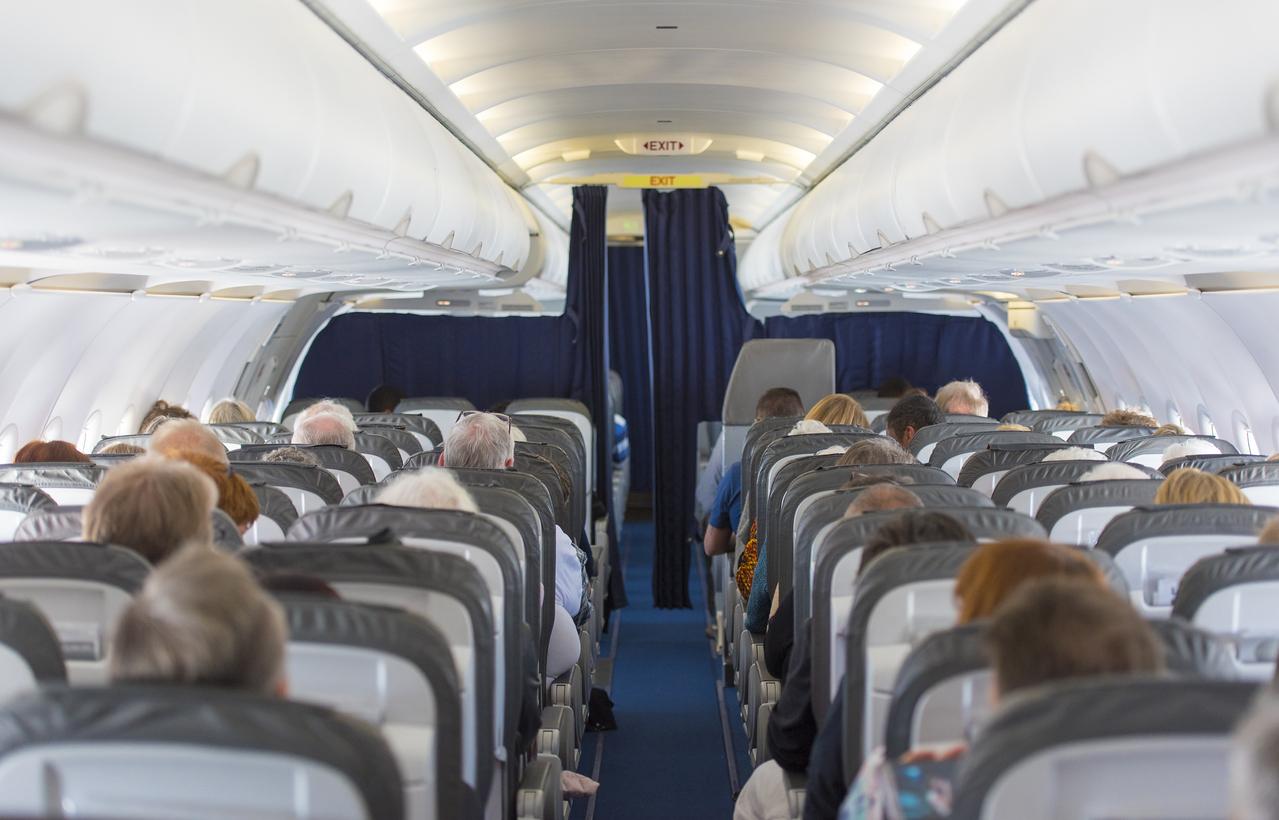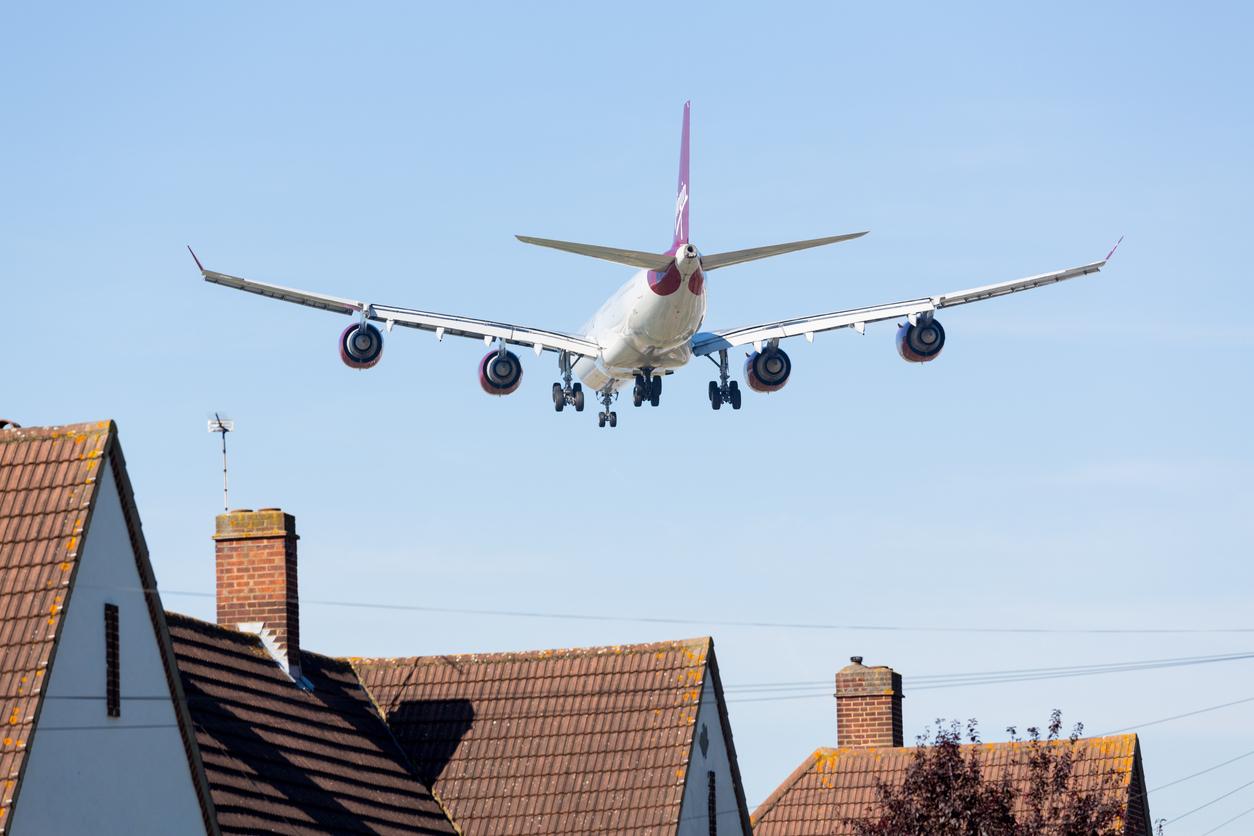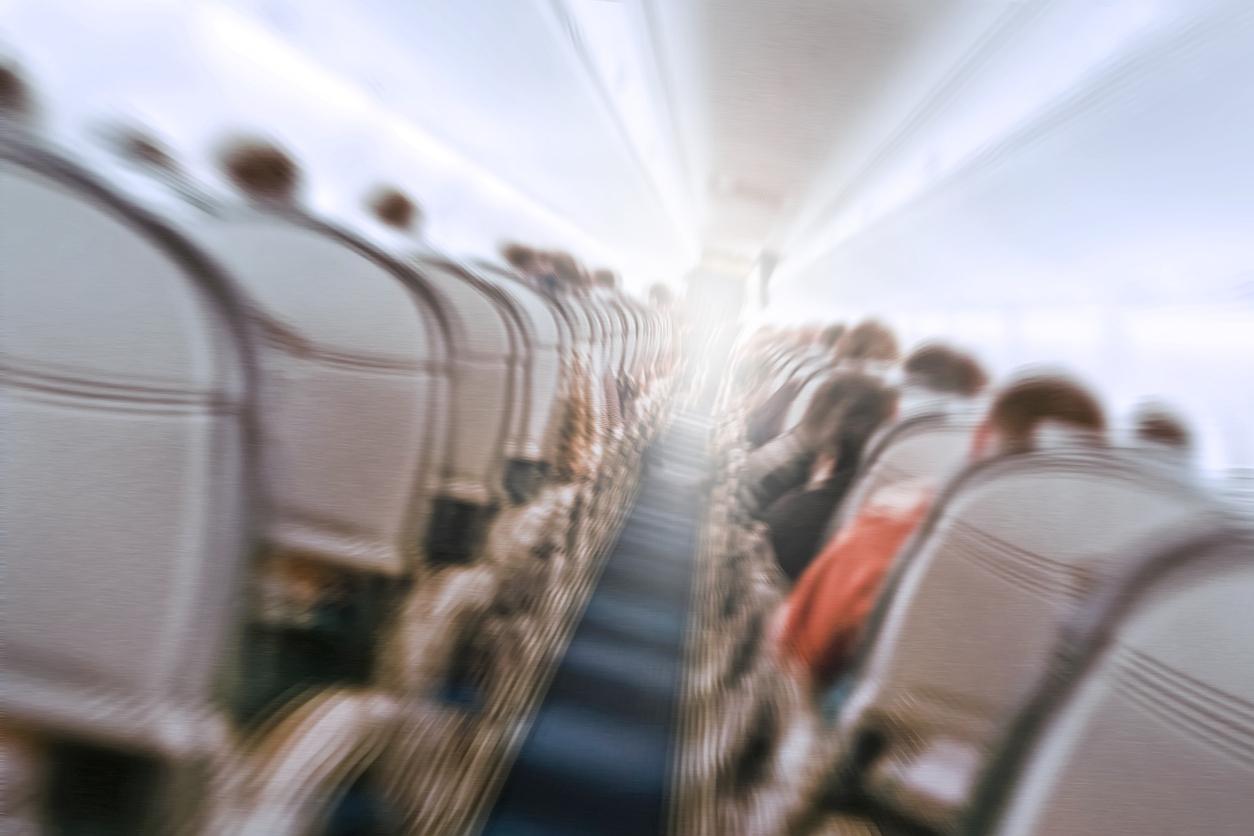Passengers and cabin crew are exposed to potentially dangerous fumes of contaminated air when traveling by plane, according to a report by experts who are calling on the aviation industry to take action.

- The air contaminated by fumes or fluids, breathed in aircraft, is the cause of health problems among flight personnel and passengers.
- This is what emerges from a report published by a group of experts.
- Scientists say the aviation industry needs to act on cabin fumes by issuing new medical recommendations.
Air travel is not trivial either for the planet or for health.
Indeed, according to 17 world-renowned scientific and health experts, during each flight, crews and passengers are exposed to possible contamination of the air they breathe.
Discomfort on board an aircraft is increasing
They just posted the first medical protocol of this type to help treat those affected by what could be a new emerging disease.
Crews and passengers are exposed to chronically low levels of engine oils and hydraulic fluids that seep into the air of the aircraft, experts say. They may also experience adverse effects following more irregular smoke episodes, during incidents in which a noticeable level of contaminants is present in the cabin, for example.
Dr Susan Michaelis, a former pilot and leading aviation health researcher at the University of Stirling, UK, said: “This has been happening for 70 years and the number of reports of unrest among aircrew continues to grow.”
Exposure to contaminated air in airplanes can cause cancer
This problem was until then very little documented: “Currently, when cabin crew or passengers feel unwell, whether they are still on the plane, show symptoms within days or weeks, or report illness within years that follow, there is nothing in the medical books. There are no guidance documents for the aviation industry or healthcare professionals and very often they are turned away or only undergo minimal testing“, regret Dr. Michaelis.
However, all of the data and evidence collected in this report, which required six years of work, strongly suggests a causal link between contaminants in oils and hydraulic fluids and human discomfort.
These exposures to contaminated aircraft air and fumes cause thought disorders, dizziness, fatigue, and impaired short-term memory and cognitive thinking. They can also cause neurological, respiratory and cardiac disorders, while other studies have found links to various cancers, the authors say.

















